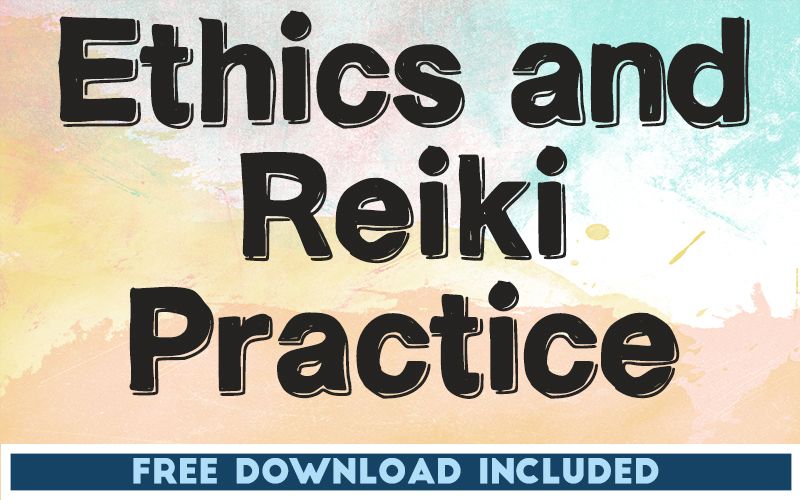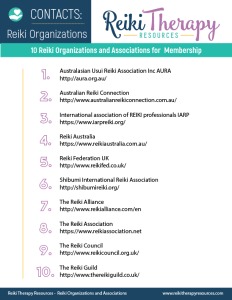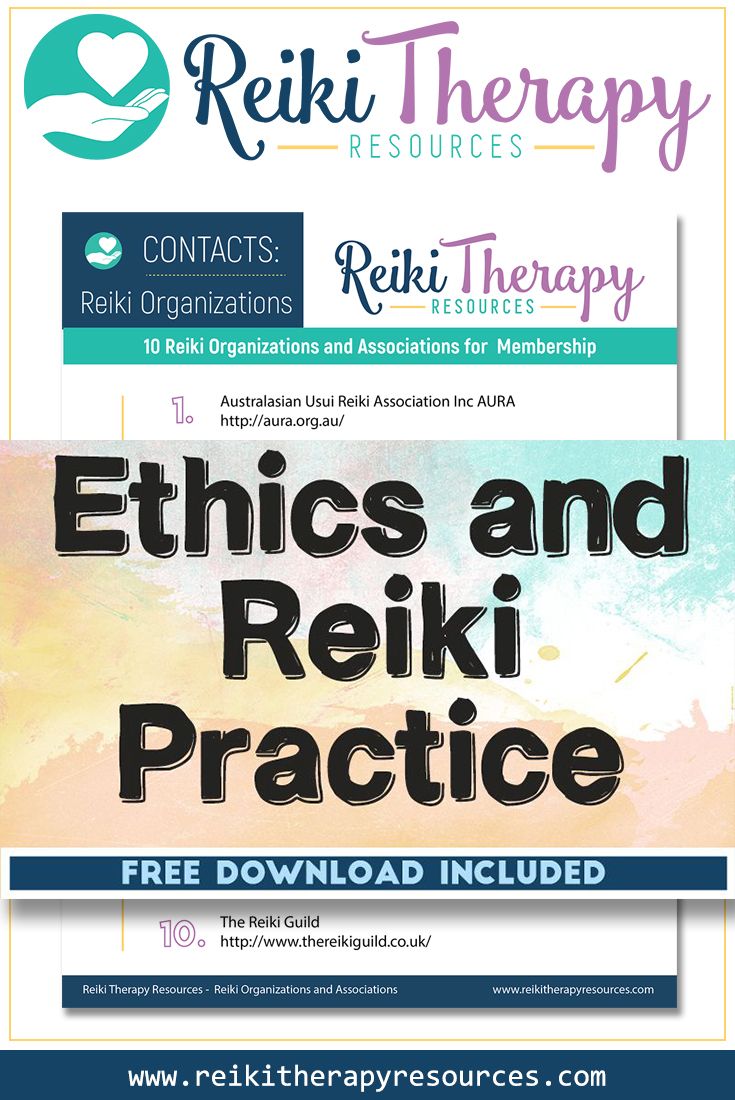
THIS POST INCLUDES:
——————————————–
1. What are Ethics
2. Ethics and Reiki Practice
3. Additional Reading for Reiki Code of Ethics
4. Free Download Summary List of Reiki Associations
WHAT ARE ETHICS
Ethical codes in therapeutic practices such as Reiki define how we should act as a Reiki practitioner providing client care. While a foundational basis for treating other people is at our core as human beings, many industries typically develop a more defined set of ethical codes that are specific to the work conducted in that industry.
For example, dentists may have specific ethical codes to apply based on the use of analgesics and massage therapists may also have specific ethical codes to apply based on direct client physical contact.
While all client work contains a base level of ethics, each industry needs to ensure specific parts of their field are included in their code of ethics to address potential issues with client care.
Ethics typically cover the following areas of client care:
- Informed consent – this involves informing your client of all aspects of your record-keeping, expertise, services, fees, and other obligations so your client is aware of their rights while receiving Reiki treatment from you.
- Non-discriminatory – clients can obtain treatment without prejudice.
- Confidentiality – this includes how the client’s records are stored as well as how you do not disclose any information about your client to others.
- Level of expertise – Reiki practitioners should only practice in areas where they are competent and not provide services outside of those areas.
- Administrative and billing services – this includes how client data is recorded and how you charge for services.
These are the broad areas of ethics that apply to client care. Reiki practitioners can then implement even more specific policies that fall under the umbrella of each ethical guide.
ETHICS AND REIKI PRACTICE
As a Reiki practitioner, you may want to join a professional association at some time to help provide guidance and networking opportunities for running your Reiki practice.
Most associations have a Code of Ethics in place that all joining members must make themselves familiar with and abide by within their Reiki practice. As there are many Reiki associations to join, the specific Code of Ethics that an association holds may persuade you to be a part of that organization.
Most Reiki associations start with a range of broad value statements that guide their Code of Ethics. They use those statements to then create a more specific Code of Ethics.
Not all situations that a Reiki practitioner faces in session will be covered by a specific ethical consideration. If this occurs, then the Reiki practitioner can defer to the overall value statements to help guide them through their ethical decision-making process.
The benefit of joining a Reiki association with a developed set of Code of Ethics is that you have access to the association to seek guidance on your specific situation if the current Code of Ethics is not detailed enough.
The Reiki Association provides a Code of Ethics that falls under the following broad value statements:
- Key values for Practice
- The Client/Practitioner Relationship
- Professional Obligations
- Criminal and Civil Law
- Complaint and arbitration procedures.
A code of ethics cannot cover all specific moral and professional dilemmas. In some cases, you may even find an association you have joined has ethical codes that go against your moral ethics. Reiki practitioners should always consider their legal obligations when undertaking Reiki services. This is especially relevant for criminal issues as well as ensuring that you meet guidelines in accordance with your indemnity insurance.
ADDITIONAL READING FOR REIKI CODE OF ETHICS
Below are some links to various Code of Ethics from different Reiki associations.
FREE DOWNLOAD
SIGN UP below to receive your FREE DOWNLOAD. Once you enter your email address, you will receive access to the Free Client Session Notes Template.

BUILD YOUR REIKI REFERENCE MATERIALS:
Pin this image to your Pinterest board.

SHARE KNOWLEDGE & PASS IT ON:
If you’ve enjoyed this post, please share it on Facebook, Twitter, Pinterest. Thank you!
